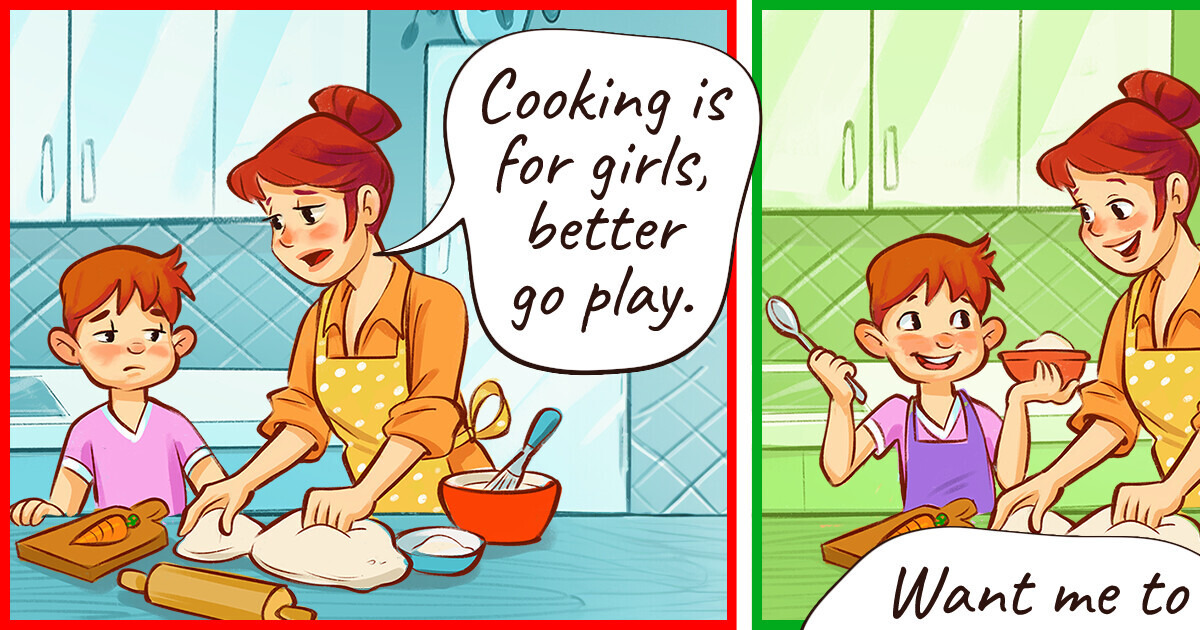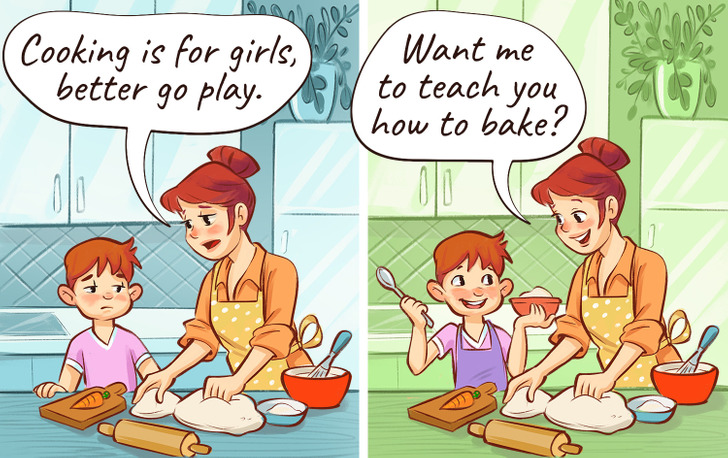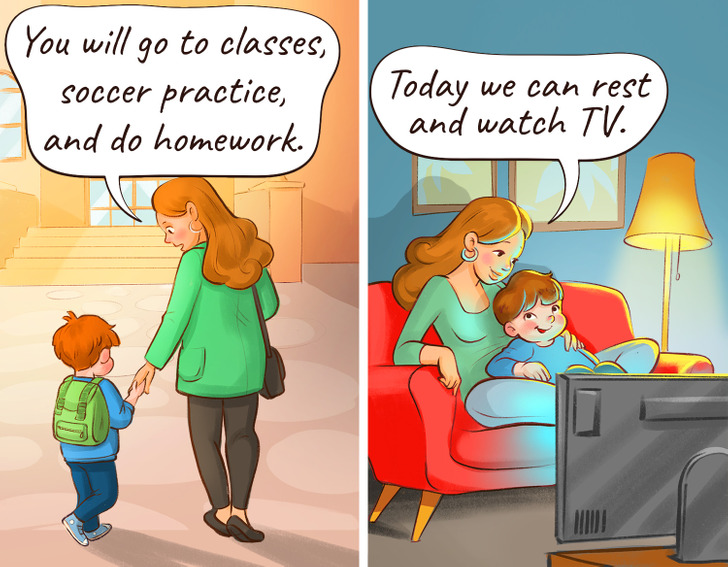A Homeless Woman Receives a Full Makeover and Impresses the Whole World


As kids, we learned that hard work can make dreams come true. But some parenting habits, like being too controlling or not supportive, can hurt a child’s confidence and growth. Encouraging them and giving them space to learn is key, but it’s just as important to know what to avoid.

It’s easy to fall into the trap of comparing kids to others, but this can lead to unnecessary stress and anxiety. Every child is unique and will shine in their own way, at their own pace. The best approach is to be patient with their journey and encourage them to stay consistent as they work toward their goals.

Sometimes, what we enjoy doesn’t fit into “traditional” expectations, and that’s perfectly okay. Many of us grew up hearing that some activities were more “feminine” and therefore less important—but that’s simply not true. Your son might love learning how to cook, and your daughter might be passionate about cars, and both are equally valid.
Instead of labeling activities as “for boys” or “for girls,” focus on supporting what makes them happy. Everyone has the right to explore their interests and improve their skills in any area they choose!

If your kids haven’t discovered their interests or dream job yet, don’t worry and give them time. Keep engaging with them and make activities and games part of their daily lives. These fun moments are essential for building the skills and knowledge they’ll need later on.

Many kids dream of magical or fantastical things, like becoming wizards or princesses. But that’s no reason to make harsh comments about their imagination. Constant criticism can hurt a child’s confidence and shape a negative self-image.
If they dream of being an artist, why not give them some paints and a canvas? It’s a fun way for them to explore their creativity, develop skills, and who knows—maybe one day, their work will hang in galleries.

Many parents aim to raise emotionally strong children, but their approach might send the wrong message, leading kids to see emotions as a weakness. Instead, allowing children to feel and express their emotions helps them understand and process their feelings in a healthy way.

When kids show interest in a class, activity, or hobby, it might seem like a passing phase to some, but it’s their way of expressing what brings them joy. Paying attention to these cues helps you understand what they love and provides an opportunity to support them in nurturing their talents.

As adults, we often equate a packed schedule with productivity. However, children need free time, and overwhelming them with activities doesn’t guarantee success. In fact, too many extracurricular commitments can take an emotional toll. It’s important to remember that rest is just as valuable as structured activities for their growth and well-being.

Just like adults, children can grow tired of repeating the same activity and may want to explore something new. This is a natural part of their development. To support them, try helping them discover clubs, games, or spaces where they can pursue their new interests. Being in an environment with others who share their passions can make them feel encouraged and understood.

From an early age, children show interests that shape who they are and could lead to a creative future. That’s why it’s important not to dismiss or criticize talents that seem unimportant to adults.
Instead of saying things like, “That hobby won’t get you a good job,” focus on what makes your child happy and support them in doing their best.

Giving your kids gifts is a great way to make them happy, but giving them everything they ask for isn’t always the best idea. Finding a balance is important for their growth and independence.
When kids get everything easily, they might miss out on learning patience and self-control. Teaching them to work toward their goals shows them that effort pays off and builds their confidence.
By not overindulging, you’ll help them become strong, independent, and grateful individuals who value their achievements. It’s a simple way to set them up for success in life.
Teaching kids to value things is crucial, but certain parenting mistakes can unintentionally lead to financial struggles later in life. Read more on this link.











